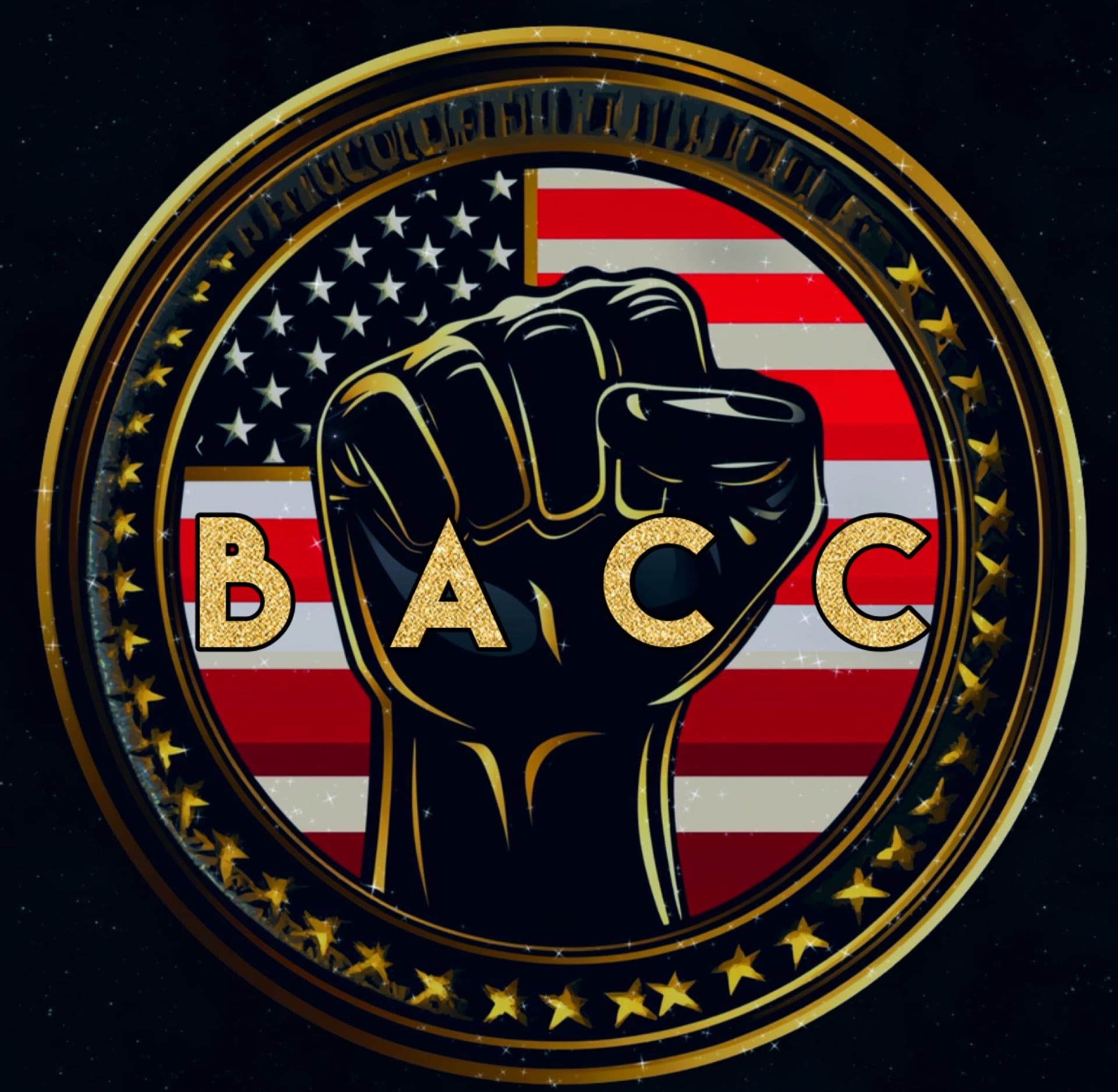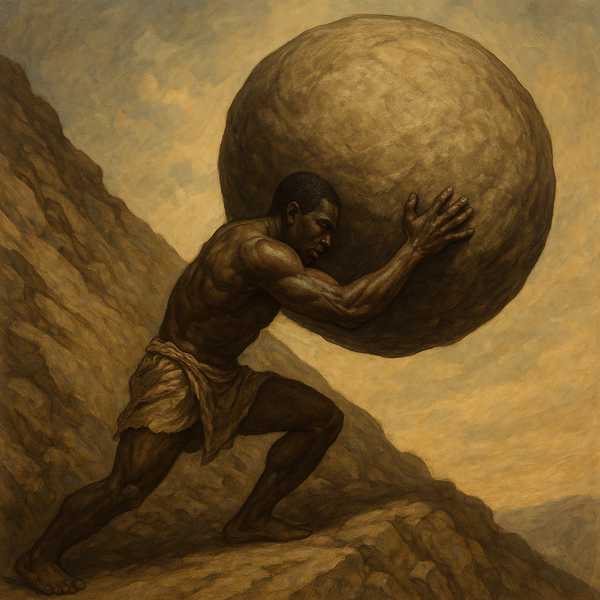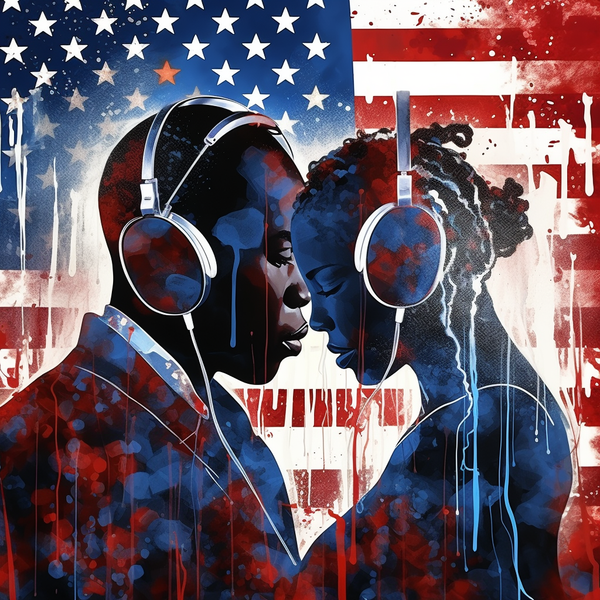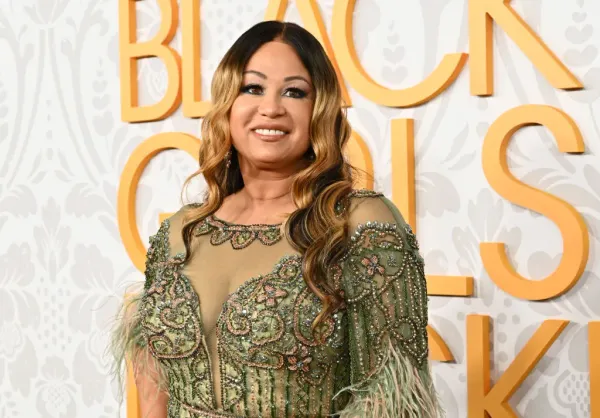Service: Its Only Reward
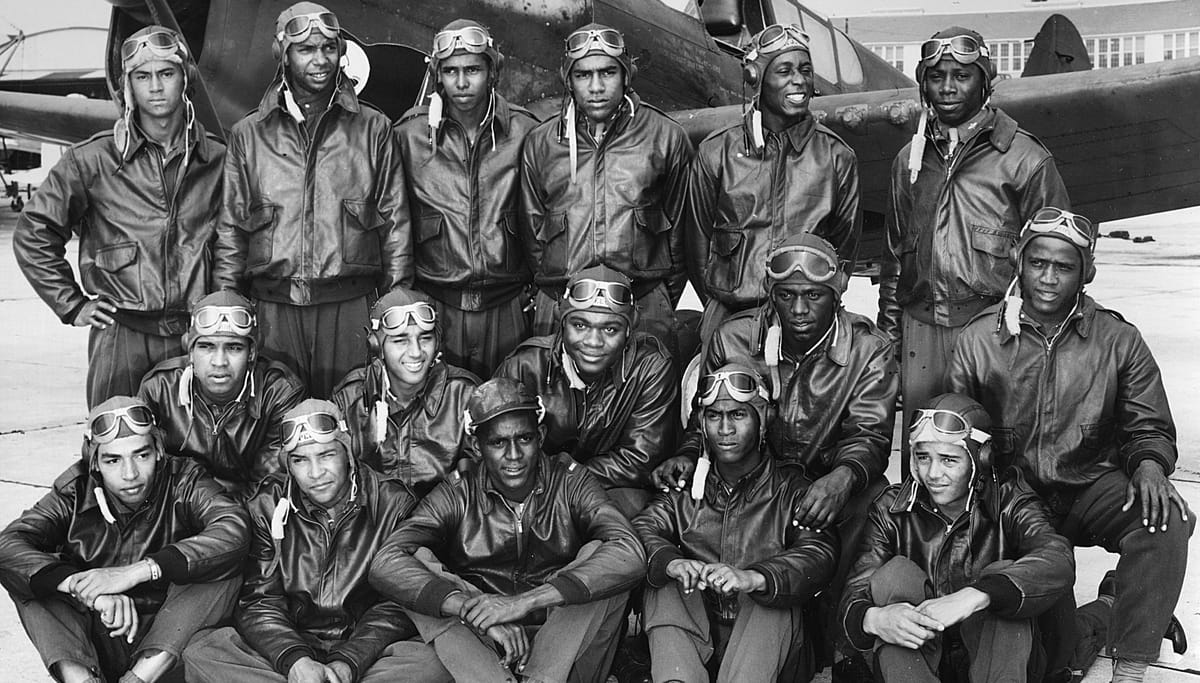
The Unyielding Patriotism of Black Americans in the U.S. Military: Service, Sacrifice, and the Struggle for Recognition
Throughout American history, Black men and women have served in the military with unwavering dedication, despite facing systemic discrimination and racial injustice both within the armed forces and society at large. Their sacrifices have been integral to the nation’s security and victories in every major conflict, from the Revolutionary War to the present day. Yet, the dichotomy of risking one’s life for a country that has often failed to grant full citizenship rights creates a profound sense of both patriotism and betrayal.
Early Contributions: Fighting for a Nation That Denied Them Freedom
From the very founding of the United States, Black Americans played a crucial role in the nation’s military history. During the Revolutionary War, thousands of Black soldiers fought for independence, despite the paradox of serving a nation that permitted their enslavement. Some, like Crispus Attucks, became symbols of the American fight for liberty, yet their contributions were largely erased from mainstream narratives.
As the Civil War erupted, the formation of the United States Colored Troops (USCT) allowed nearly 180,000 Black men to fight for the Union, reinforcing the ideals of freedom and justice. Yet, even as they laid down their lives to end slavery, they were often paid less than their white counterparts, subjected to harsh conditions, and denied leadership opportunities.
The Buffalo Soldiers and the Spanish-American War
Following the Civil War, Black regiments, famously known as the Buffalo Soldiers, were established to serve in the U.S. Army. These soldiers played a vital role in westward expansion, conflict with Indigenous tribes, and the Spanish-American War. However, they faced racial discrimination from both the government and white civilians, despite their military excellence and discipline.
During the Spanish-American War, Buffalo Soldiers fought valiantly in Cuba, earning praise for their bravery at battles such as San Juan Hill. However, their heroism was often overshadowed by racist narratives that sought to diminish their role in American victories.
World War I and the Harlem Hellfighters
As America entered World War I, Black soldiers were once again called to serve. The 369th Infantry Regiment, better known as the Harlem Hellfighters, gained international fame for their courage in battle, spending more time on the front lines than any other American unit. However, these soldiers, who were lauded by the French military and awarded the Croix de Guerre, returned home to a country that still denied them basic civil rights.
Instead of being welcomed as heroes, many Black veterans faced racial violence, particularly during the Red Summer of 1919, when white mobs attacked Black communities across the country. The contradiction of fighting for democracy abroad while being denied it at home was painfully clear.
World War II: Fighting Fascism While Battling Racism
World War II presented another opportunity for Black Americans to prove their valor. The Tuskegee Airmen, the first Black American military aviators, shattered stereotypes about Black inferiority in combat. Units like the 761st Tank Battalion and the 6888th Central Postal Directory Battalion played crucial roles in the war effort, yet segregation persisted within the military.
The Tuskegee Airmen flew over 15,000 sorties and participated in more than 1,500 missions, achieving an outstanding combat record. Their success in escorting bombers led to fewer losses than average, proving their exceptional skills as fighter pilots. Despite this, many faced ongoing racial discrimination, both within the military and after returning home. Their efforts, however, contributed to the eventual desegregation of the U.S. armed forces in 1948.
Despite their service, Black soldiers were relegated to segregated units and often given menial roles. Even after helping to defeat Nazi Germany and Imperial Japan, they returned to a country where Jim Crow laws and racial discrimination remained entrenched. Many veterans, such as Medgar Evers, would later become key figures in the Civil Rights Movement, using their military experiences to demand justice at home.
The Vietnam War: A Growing Disillusionment
During the Vietnam War, Black Americans served in disproportionate numbers, often placed in the most dangerous combat roles. While they fought for American ideals abroad, the civil rights struggle raged on at home. Dr. Martin Luther King Jr. famously criticized the war, noting the irony of young Black men being sent to fight for freedoms they themselves did not fully possess in America.
Many Black veterans returned home disillusioned, questioning whether their sacrifices had meaning in a nation that still treated them as second-class citizens. Some became activists, joining organizations that sought to dismantle systemic racism and demand true equality.
Modern Contributions and Continuing Challenges
Today, Black Americans continue to serve in the U.S. military at high rates, occupying leadership positions and excelling in various branches. Figures like Colin Powell, the first Black Chairman of the Joint Chiefs of Staff and later Secretary of State, exemplify the heights Black service members can reach despite historical barriers.
However, challenges remain. Reports of racial discrimination within the military persist, and Black veterans still face disparities in access to healthcare, employment opportunities, and housing benefits. The fight for full recognition and respect for Black service members continues, echoing the struggles of those who came before them.
The Emotional Dichotomy: Patriotism vs. Betrayal
For many Black service members, patriotism is deeply ingrained, rooted in the hope that their sacrifices will lead to a better America. Yet, this loyalty is often met with the bitter reality of systemic racism and unfulfilled promises. The duality of serving a country that has historically marginalized them creates a complex emotional landscape—pride in their service, yet frustration with the nation's slow progress toward equality.
Despite these challenges, Black Americans have remained steadfast in their commitment to the ideals of freedom, justice, and democracy. Their contributions to the military are undeniable, and their struggles for recognition continue to shape America’s ongoing journey toward true equality.
Conclusion: Honoring Black Service Members
Black Americans have given their blood, sweat, and lives to defend a nation that has often failed to reciprocate their loyalty. Their sacrifices deserve not only historical recognition but also systemic change that ensures their service is met with the respect, rights, and opportunities they have long been denied. Only by acknowledging this history and addressing ongoing injustices can America truly honor its Black service members—not just with medals and monuments, but with meaningful actions toward equality and justice.
